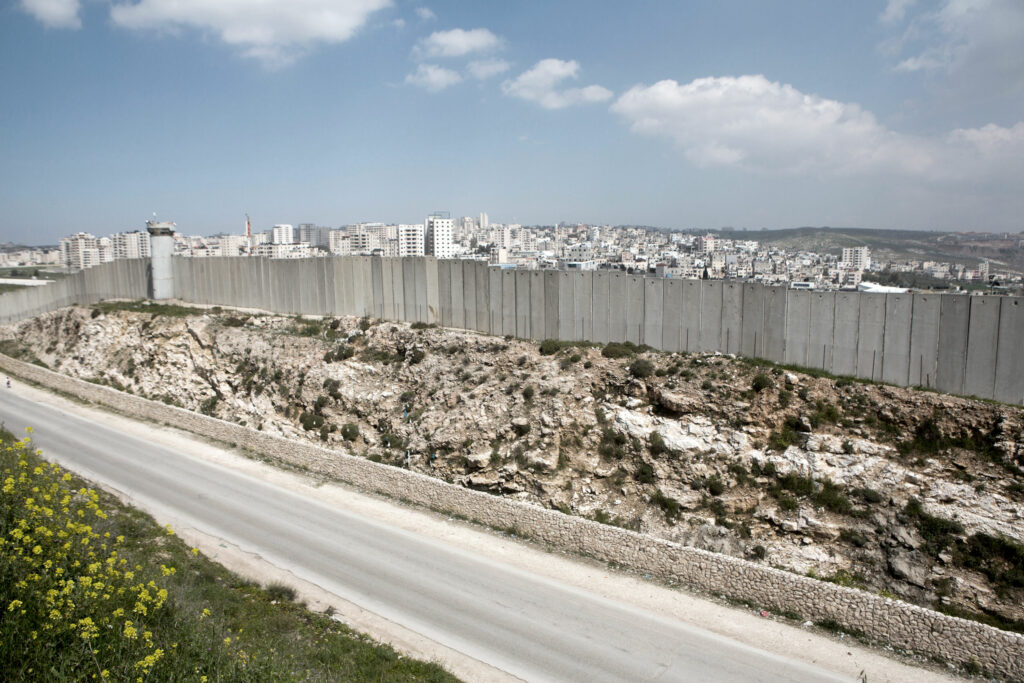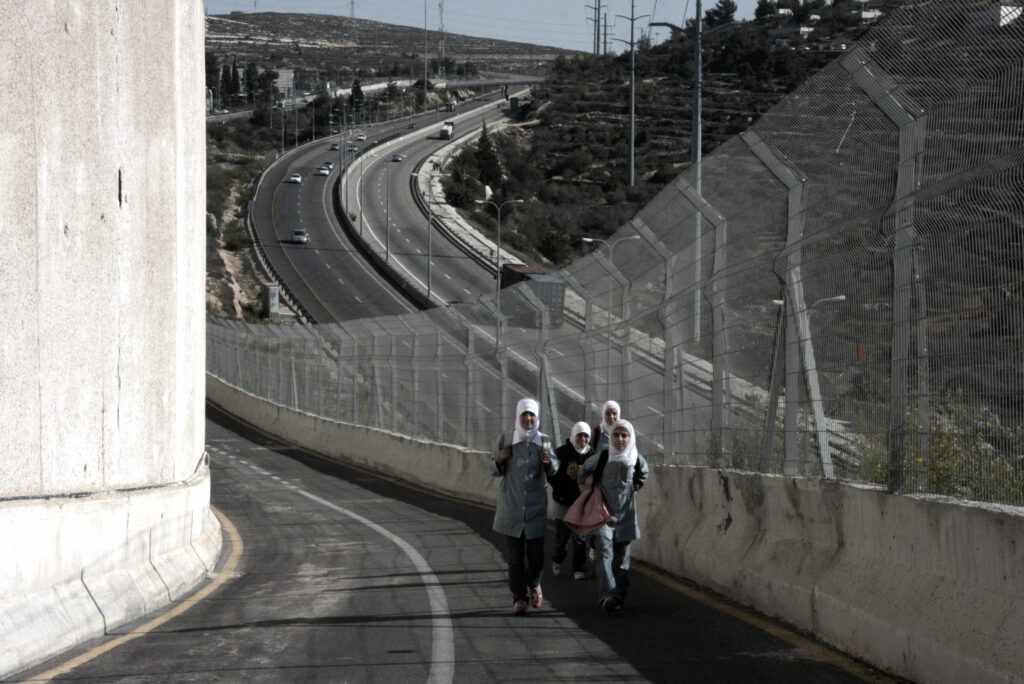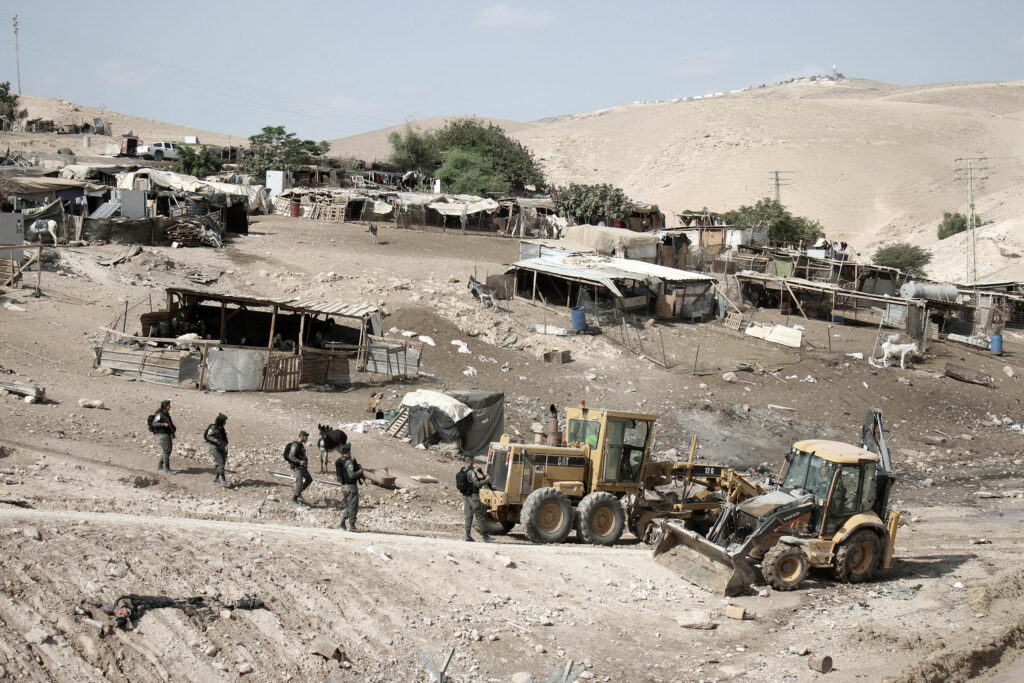International law recognizes a military occupation as a state of temporary military rule and regulates the occupying power’s authority over the territory. As a trustee of the territory, the occupier manages the land and the life of the occupied population, but it does not have sovereignty over either. The occupier is obligated to preserve the territory and the normative framework in force in it when the occupation began. Furthermore, the occupying power may not take measures designed to advance its own interests or the interests of its citizens, except for security needs, and all its actions should promote the well-being of the occupied residents.

Since occupying the West Bank and Gaza in 1967, Israel has not formally annexed the territory, with the exception of East Jerusalem. Palestinians living in the West Bank have officially been under a supposedly “temporary” military occupation governance for more than five decades now. In practice, however, from the beginning of the occupation until now, Israeli authorities have been working to shift the geographic and demographic reality on the ground, increasingly entrenching Israel’s permanent control over Palestinian lands.
Despite an explicit prohibition in international law, Israel has transferred more than 650,000 Jewish-Israeli citizens into the West Bank and East Jerusalem, establishing around 280 settlements and outposts (unofficial settlements). Although Israeli law is for the most part not applied to the West Bank directly, over the years Israel has developed legal mechanisms that have allowed extensive sections of Israeli law to be applied to settlers on an individual basis, and to merge the Israeli and West Bank bureaucracies. This has allowed Israeli settlers to benefit from the education, healthcare, and administration systems of their country of citizenship, while Palestinians living in the occupied territories are subject to Israeli military rule. This, two different groups of people on the same piece of land are subject to separate legal systems that enshrine unequal rights for Israelis and Palestinians.

Israel’s aspiration to incorporate the West Bank into Israel, without the Palestinian population, can also be seen in the development of significant infrastructure in the West Bank. The water, electricity, and transportation systems, designed primarily for use by Israeli settlers, create geographical continuity between the State of Israel and the settlements while fragmenting Palestinians’ space and fabric of life.
As part of its De Facto Annexation project, Ofek will monitor relevant developments in the West Bank and investigate efforts by the Israeli government and settler institutions to deepen and make permanent their control of the territory. Project products will include research studies and advocacy work to halt creeping annexation and promote a two-state reality that provides for self-determination of both peoples and guarantees full equal and political rights to everyone between the river and the sea.


 Ofek - The Israeli Center for Public Affairs
Ofek - The Israeli Center for Public Affairs 